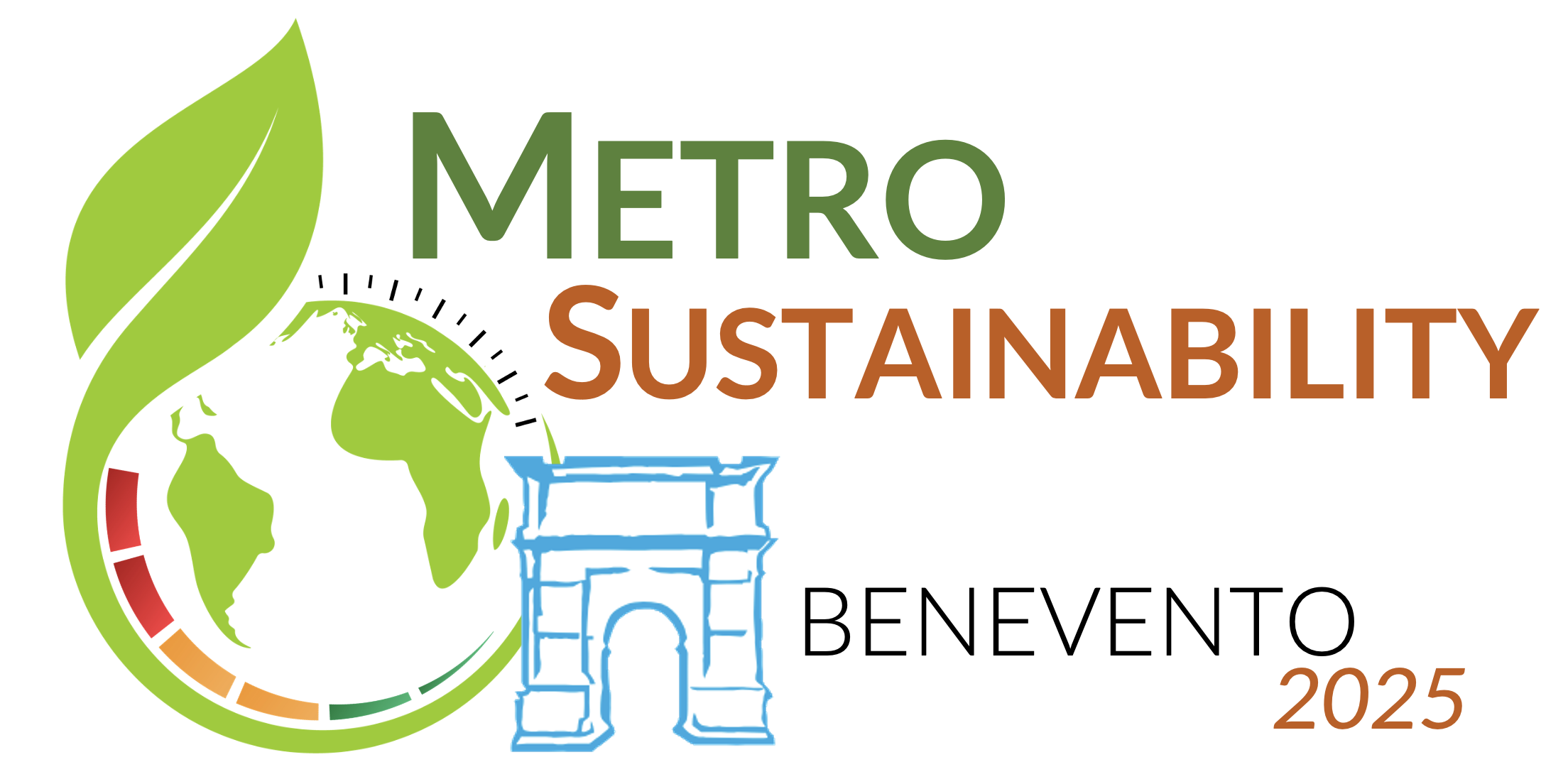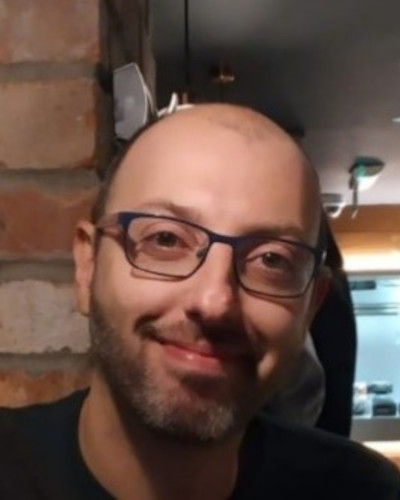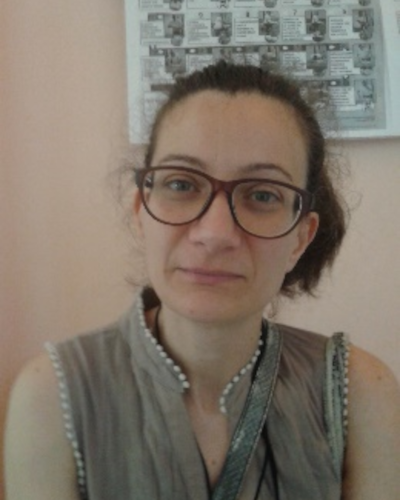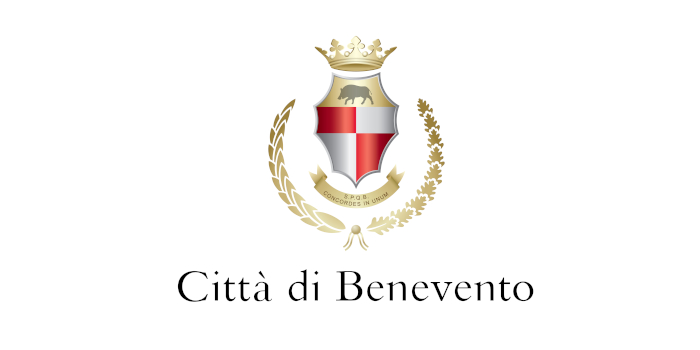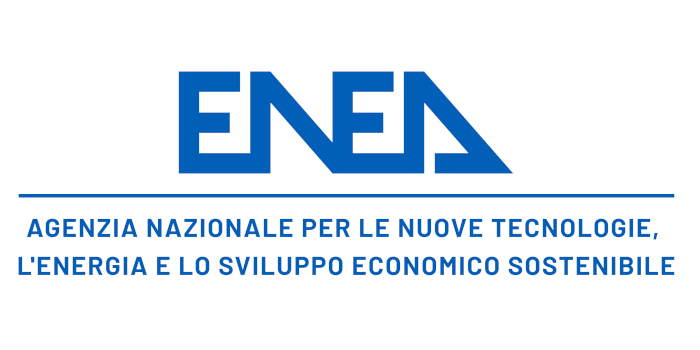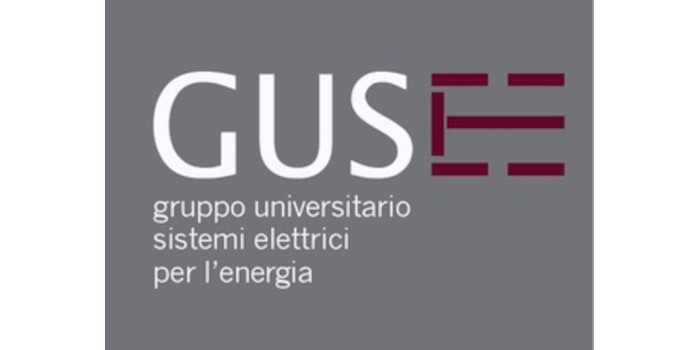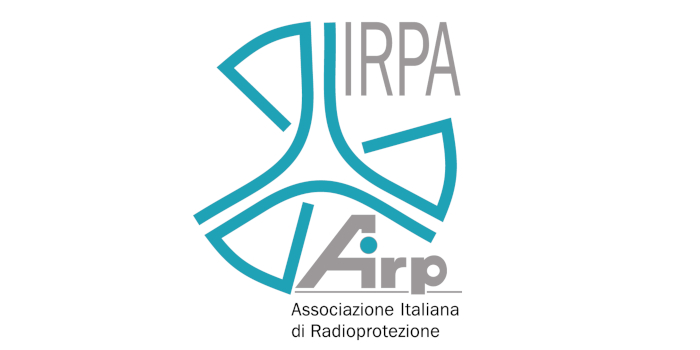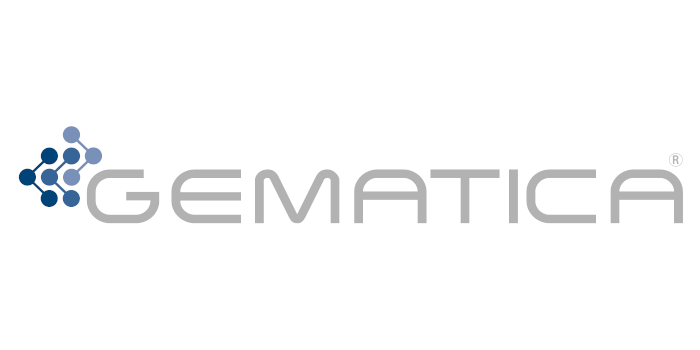SPECIAL SESSION #4
From Nature to Function: Sustainable Polymer Platforms for Sensing, Health, Food Safety, and Cultural Preservation
ORGANIZED BY
Elena Palmieri
CNR-IMM
Luca Maiolo
CNR-IMM
Claudia Mazzuca
University of Rome Tor Vergata, Italy
Rocco Carcione
ENEA
ABSTRACT
This special session is dedicated to exploring the potential of various classes of biopolymers, biomaterials, and materials, also derived from biowaste as sustainable and versatile resources for the next generation of green technologies. It aims to bring together researchers and professionals from diverse disciplines to discuss advances in biodegradable, biocompatible, and renewable polymer systems, addressing a wide range of societal needs. The session will highlight how these materials can be integrated into multifunctional platforms that combine sustainability with high performance.
Contributions are expected to cover a broad spectrum of applications, ranging from biomedical devices, such as implantable sensors, drug delivery systems, and bioresorbable electronics, to environmental monitoring tools, smart packaging, soft robotics, as well as applications in the health and food sectors, and solutions for cultural heritage restoration and preservation. A specific focus will be given to innovative uses of biopolymer- and biomaterial-based systems in protecting cultural assets, including non-invasive sensors for artworks, biodegradable data loggers for heritage sites, and adaptive materials for environmental control in museums and archives.
Submissions discussing the design, synthesis, and functionalization of novel biopolymers, biomaterials, and waste-derived composites, along with fabrication strategies leveraging green chemistry, additive manufacturing, and low-energy processes, are welcome. Papers presenting prototypes, case studies, or field-tested systems will be especially valued.
By fostering dialogue among materials scientists, engineers, chemists, conservation experts, and professionals from the health to food industries, this session aims to promote sustainable material solutions that meet the dual challenge of technological progress and environmental and cultural responsibility.
ABOUT THE ORGANIZERS
Elena Palmieri is a chemist and researcher at the National Research Council of Italy (CNR), with a PhD in Chemistry from the University of Rome “Tor Vergata.” Her work focuses on developing and characterizing sustainable polymeric and cellulose-based composites, including the use of carbon nanomaterials like graphene and nanodiamonds, for applications spanning flexible electronics, sensors, energy devices, and cultural heritage preservation. She actively collaborates with international and national partners to advance green, eco-friendly materials science.
Luca Maiolo earned his Master’s degree in Physics in 2003 and a PhD in 2008 from Università degli Studi di Roma Tre. After working on thin-film transistors at the Institute for Photonics and Nanotechnologies, he joined the Italian Institute of Technology in Genoa as a postdoctoral fellow, developing tactile flexible sensors for humanoid robotics. He is now a senior researcher at CNR-IMM, focusing on smart systems on ultrathin flexible substrates for biomedical, aerospace, and industrial applications, with attention to sustainable processes and biopolymers. He co-founded TechforBio, contributes as a rapporteur for Italian ministries, and serves as a scientific expert for the Polish National Science Centre, the Dutch Research Council, and the European Commission. He is Associate Editor for Frontiers in Bioengineering and Biotechnology, Review Editor for Frontiers in Electronics, and on the editorial board of Biosensors.
Claudia Mazzuca has obtained her Ph.D. degree in chemical science in 2005 at the Tor Vergata University of Rome and she is associate professor in Physical Chemistry at the same University from 2021. She is focused on physico-chemical characterization of soft matter systems using mainly spectroscopic and microscopic techniques. Recently, her research has been directed towards the Cultural Heritage field, focusing on the characterization of paper ageing and on the development of cleaning methodologies for paper materials. She has been involved in several national and European projects and she co-authored more than 100 papers on peer reviewed international journals.
Rocco Carcione achieved the PhD in Chemical Sciences at the University of Rome “Tor Vergata”, with external scholarship funded by the FBK center (Trento, Italy). Since September 2023,he is serving as Researcher at Calliope Gamma Irradiation Facility at ENEA Nuclear Department (Casaccia, Rome). His research activity is focused on gamma irradiation processes and characterization of materials through the coupling of a variety of spectroscopic techniques.
